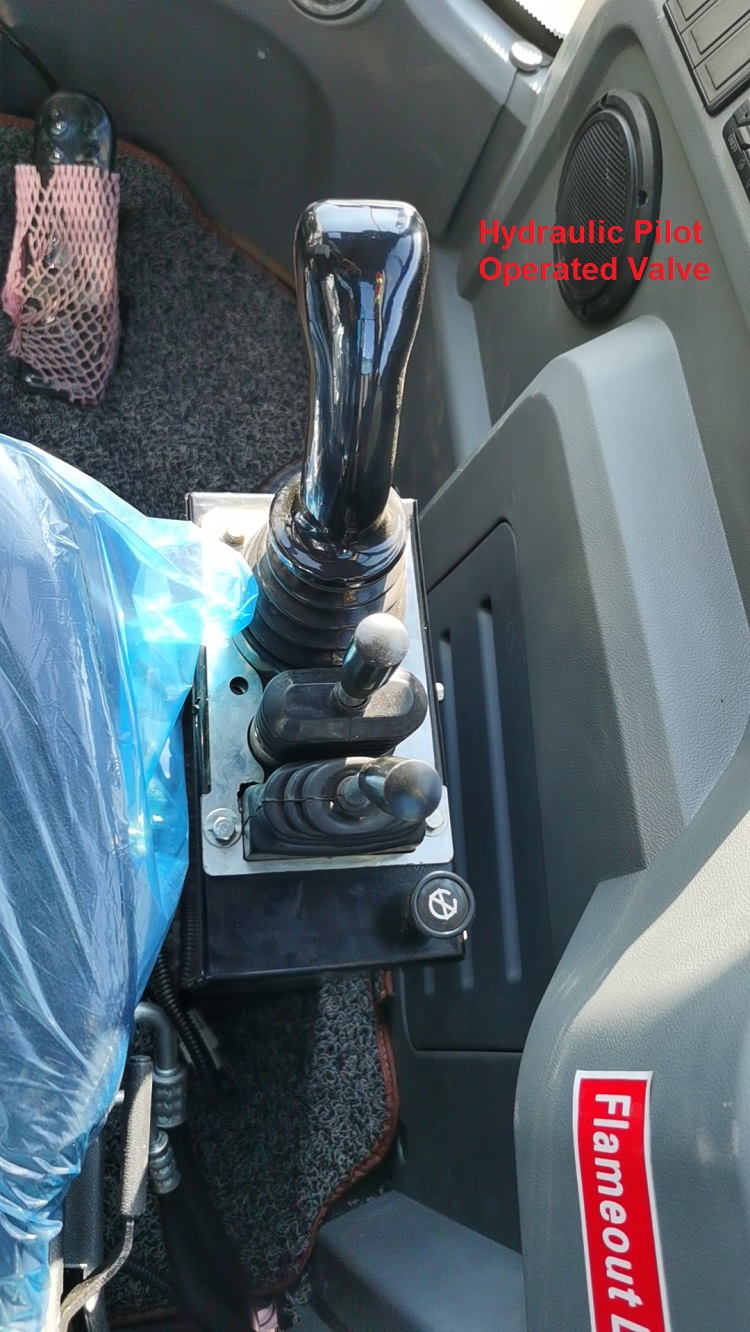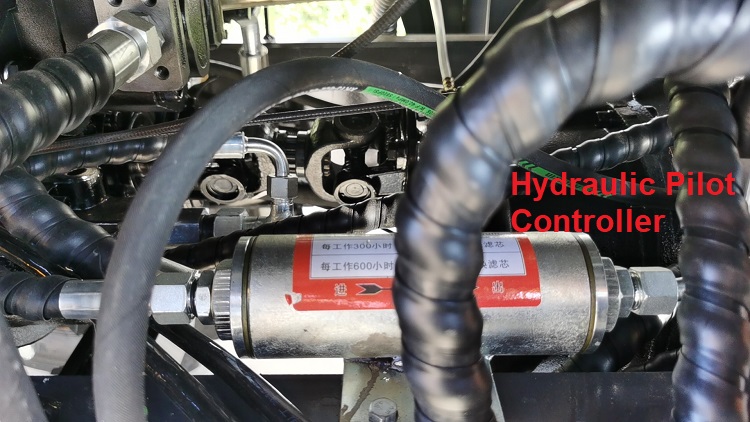The hydraulic pilot valve is an auxiliary valve used to manipulate the control mechanism in other valves or components, and adopts hydraulic transmission. Hydraulic pressure is a term in the mechanical industry and the electromechanical industry. Hydraulic pressure can be used as a power transmission method to become a hydraulic transmission. Pilot valves are control mechanisms that control the opening (closing) of other valves. It converts hydraulic energy into mechanical energy to control other valves and control flow.

The role of the hydraulic pilot generally speaking, auxiliary valves, auxiliary distributors, and wheel loaders with hydraulic pilots have faster hydraulic oil transmission and stable pressure. When the wheel loader stops, the solenoid valve hydraulic oil will not flow back, and the boom will not retract freely. Because the hydraulic pilot is the pilot oil circuit, its oil is sent to the control spool through the handle or other control valves to push the spool to move, so that the high-pressure oil reaches the actuator through the gap after the spool moves. When the wheel loader stops, the control valve automatically cuts off the power, and then the control ends. After the end, the hydraulic oil will not return and the boom will not retract. On the contrary, for a wheel loader without hydraulic pilot, the pressure is unstable. When the wheel loader stops, the hydraulic oil will flow back and the boom will retract.

Generally, we recommend configuring a wheel loader with rated load of 2 tons or more to make it work more efficiently. It is not recommended to install the wheel loader below 2 tons, because the attachment will be too sensitive and unstable.







